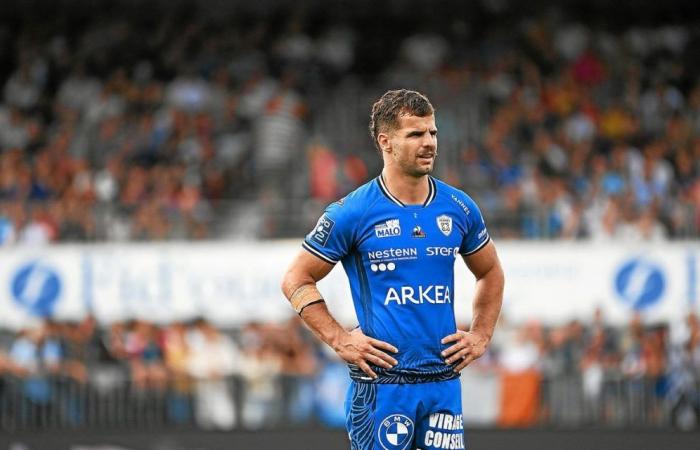Created in 1996, the Challenge Cup (formerly the European Conference, then the European Shield, then the European Challenge in 2002) was born one season after the creation of the major European Cup (the Heineken Cup, which became the Champions Cup). It has undergone many changes, particularly in terms of format, with initially 24 teams divided into four groups of six, then 28 teams in seven groups of four, and even 31 (2000-2001 season) and 32 teams (2001-2002), then a system of two-legged knockout matches from 2002 to 2005 before the return of the groups.
French teams (six or seven depending on the year), English, Scottish, English, Welsh and Italian clubs are used to the competition.
Long open to the emerging nations of European rugby (with the participation in some seasons of a Russian team recently and Romanian, Spanish and Portuguese clubs and even the national teams of Spain and Portugal at the end of the 1990s), the level has tightened in recent seasons with the disappearance of the Iberian teams from 2014 then the Romanian teams (from the 2019-2020 season) and Russian teams (from 2020-2021).
The structuring of Italian rugby and the presence of the same teams almost every year (Benetton Treviso, semi-finalist in 2023 and Zebre Parma) has also helped to standardize the level, but the main change dates back to two seasons ago with the arrival of South African franchises.
Two South African teams since 2022
The reasons? A move away from the South African federation SANZAAR (the commercial organization that manages the rights to Super Rugby, a Southern Hemisphere franchise competition that has existed since 1996 and the Rugby Championship, formerly the Tri Nations, bringing together the national teams of New Zealand, South Africa, Australia and Argentina since 2012) during the covid 19 pandemic but also the desire to get closer to Europe and its greater revenues. Three South African franchises have thus joined the United Rugby Championship (formerly the Celtic League then the Pro 12), the championship of the Irish, Welsh, Scottish and Italian provinces in 2021 and from 2022, two of them have joined the Challenge Cup, which then had, as for the coming season, 18 teams.
If this choice to integrate South African teams is not the most obvious in terms of organization (even if the time zones correspond to those of Western Europe) or ecology, it is in any case a choice that pays off for the quality of the oppositions.
In 2023, both South African teams qualified for the round of 16, with one (the Lions) even reaching the quarter-finals after a 51-28 victory against Nolann Le Garrec’s Racing 92. And in 2024, it was simply the Sharks, a franchise from Natal, who won the competition (36-22 against Gloucester, in the RC Vannes group this season). The team notably includes in its ranks Makazole Mapimpi, one of South Africa’s stars, winner of the World Cup in 2019 and then in 2023. This season, it is the Cheetahs and the Lions who will challenge the European clubs for a competition that seems to have found its most homogeneous formula with eighteen teams.






